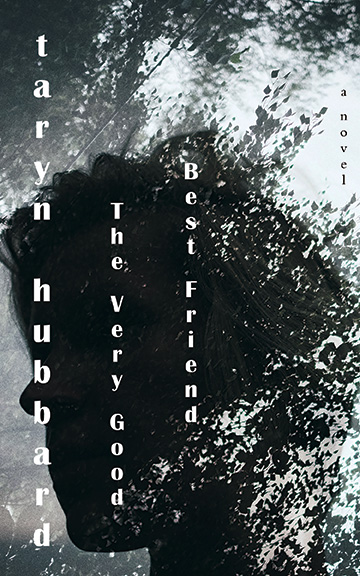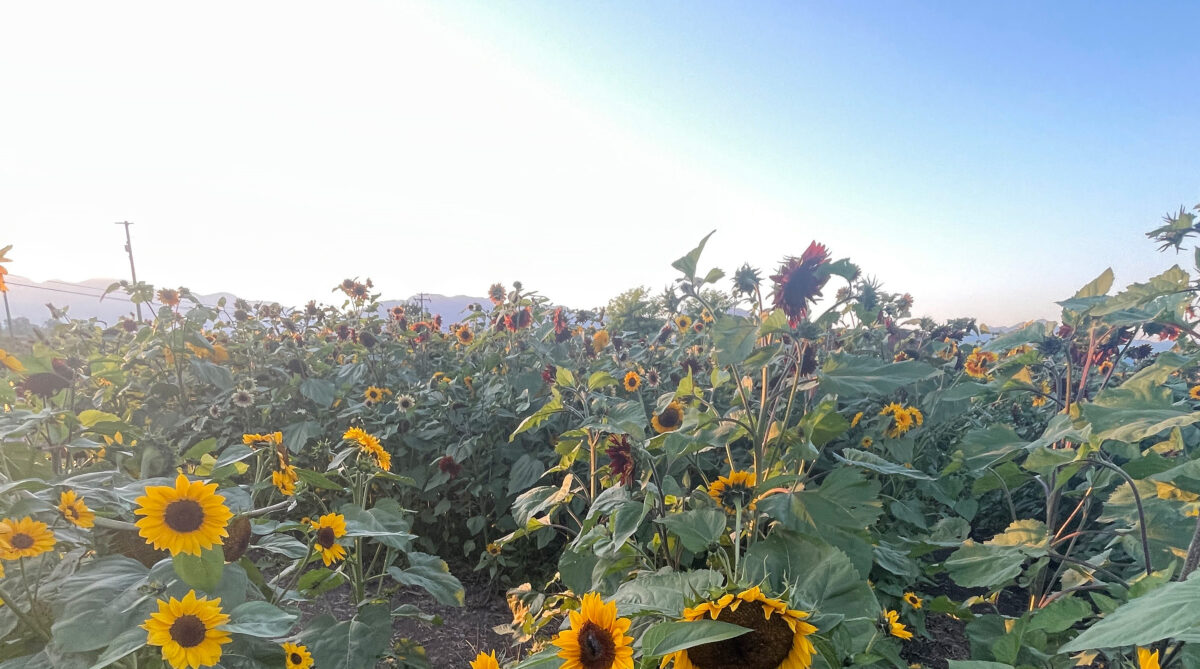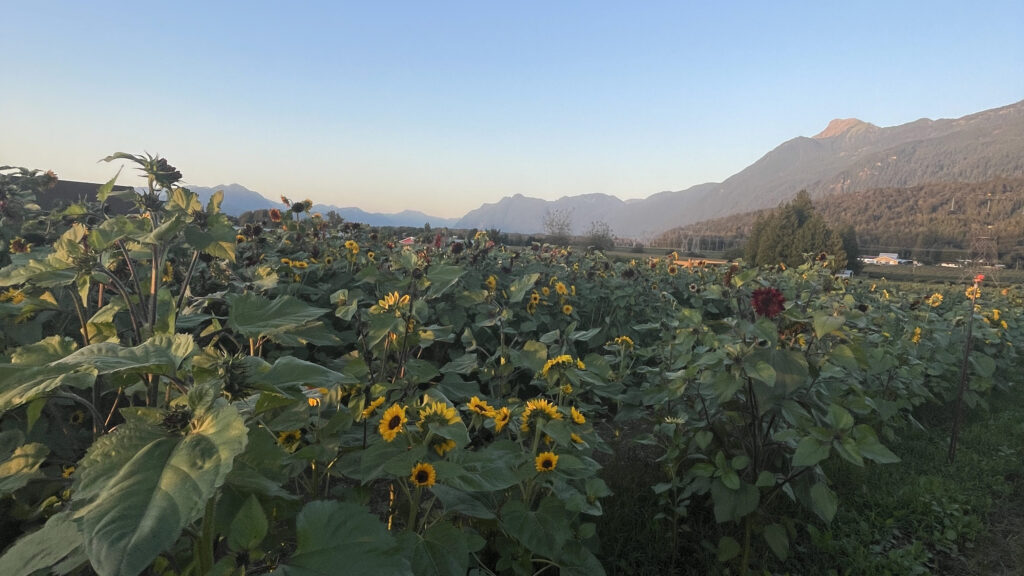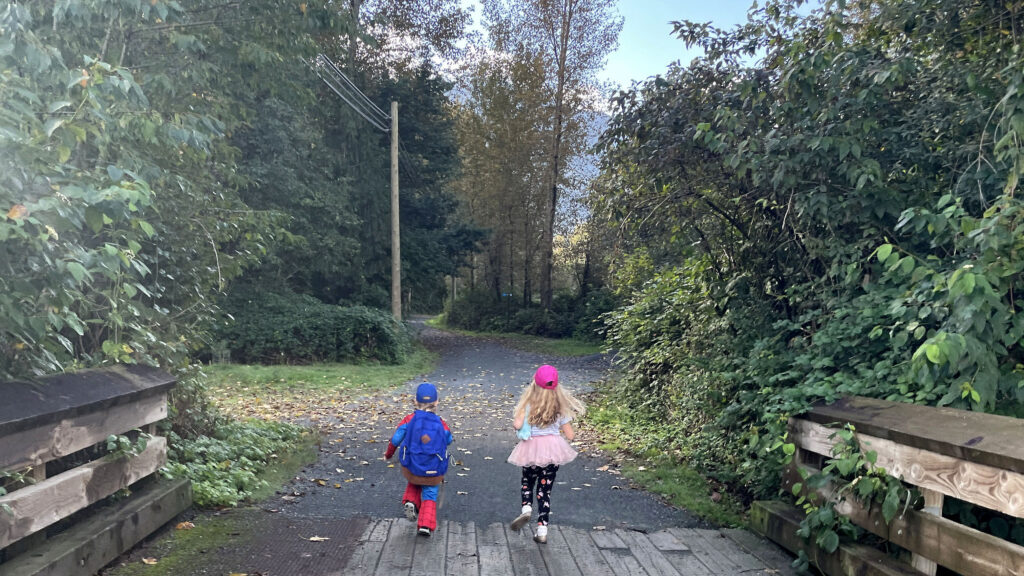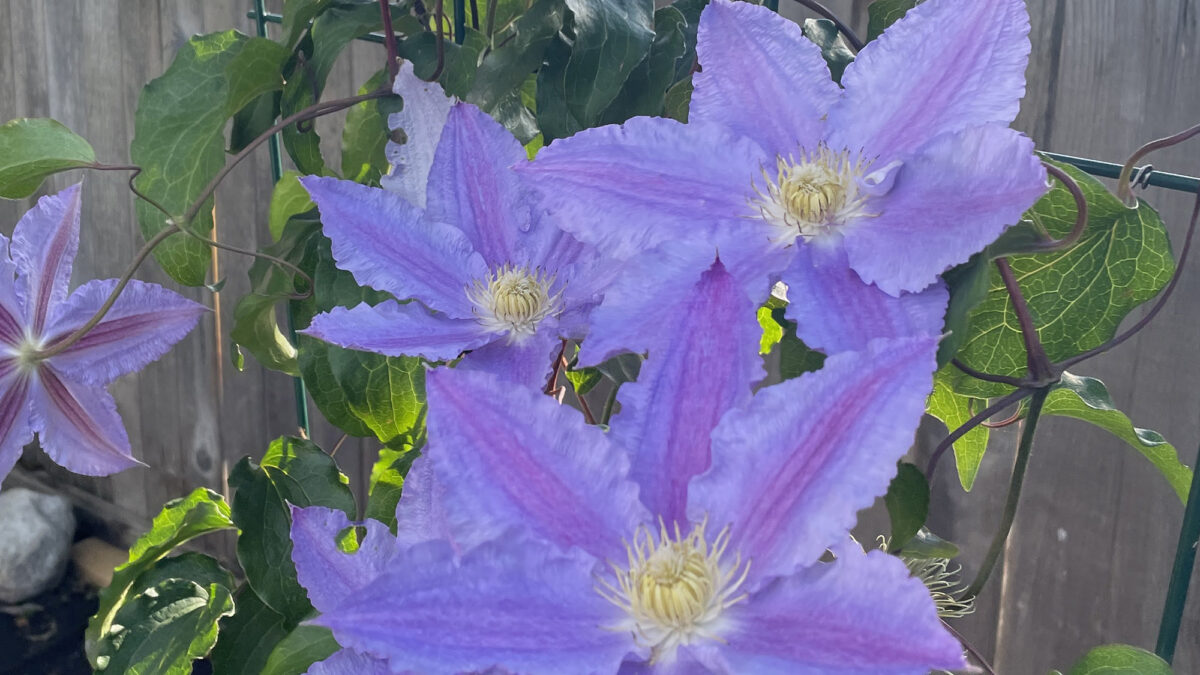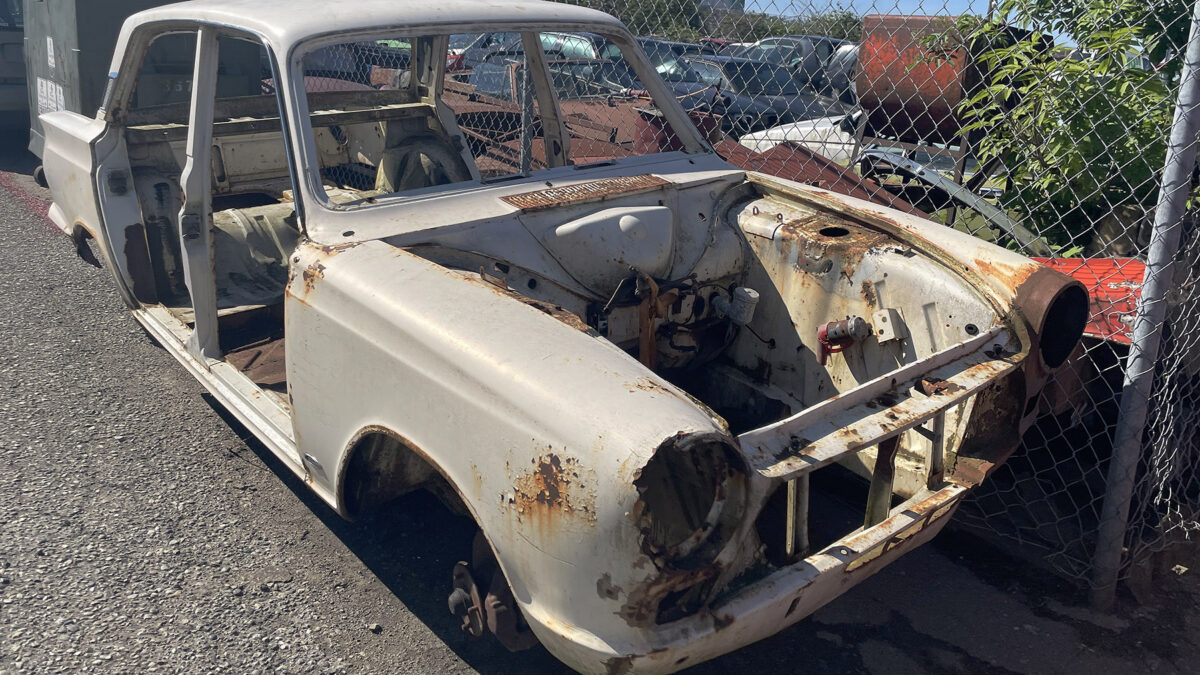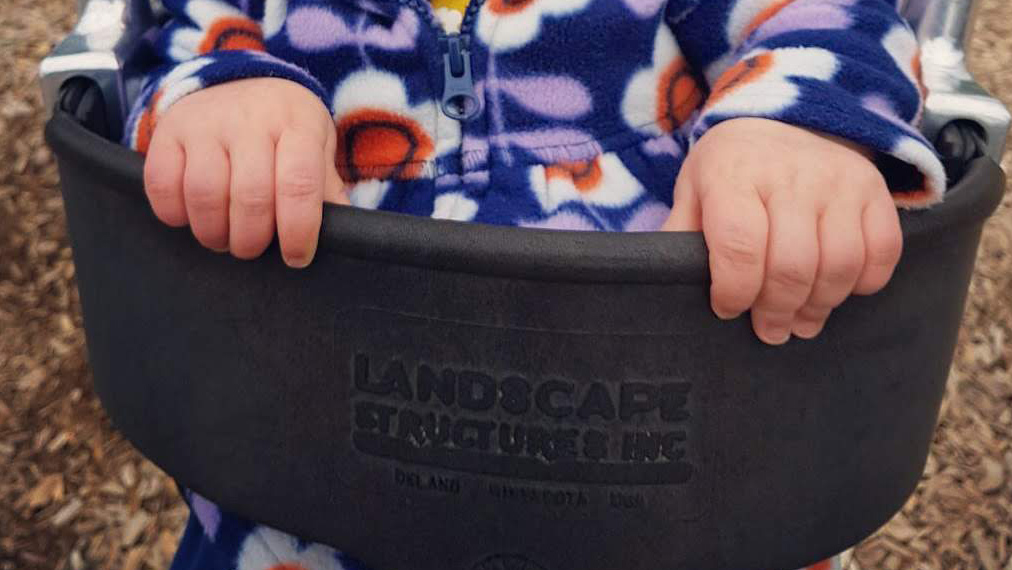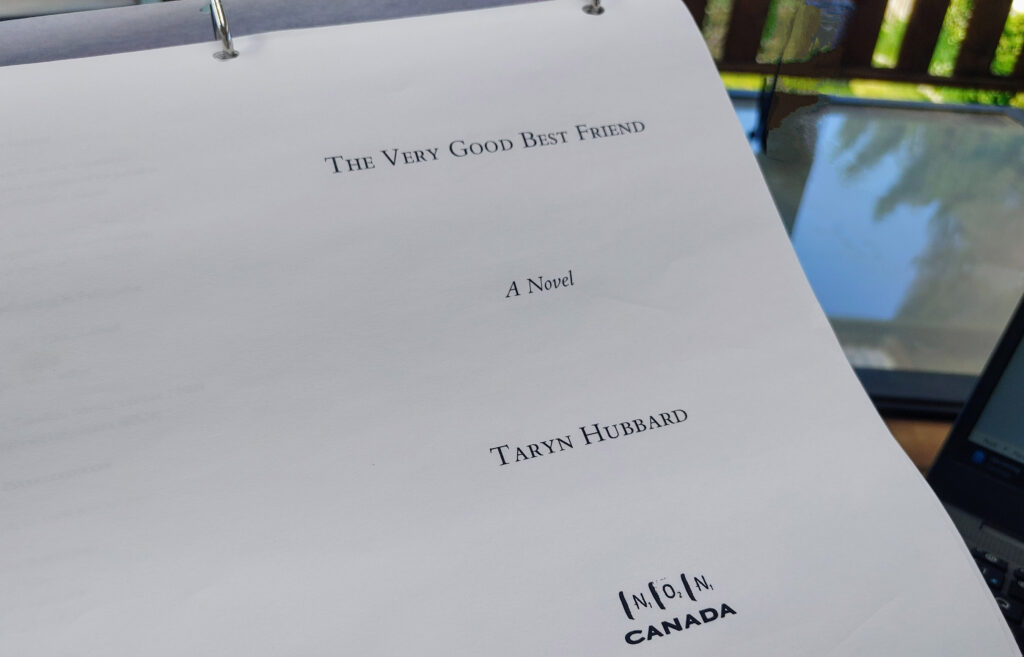In about six weeks or so my first novel will be published. It’s called The Very Good Best Friend and it’s a punchy literary thriller about a woman who sets out on a journey to rescue her best friend from an abandoned, desolate mall in the countryside of British Columbia. At the heart of this story is a friend who will stop at nothing to help her best friend from being used for her labour and talents by a narcissistic billionaire. Along the way she uncovers haunting secrets about her own family traumas that will change her life forever. It’s set in a spooky abandoned mall in a dying ghost town.
It’s my first novel to be published, but it’s not my first attempt at writing one. In fact, there were multiple attempts before The Very Good Best Friend. Some I may come back to in different ways, but most will be left in drafts forever.
And that’s okay. Time practicing my craft is not wasted time.
Sometimes I’ll think of all the words, all the thoughts, all the creativity that went into those pages, and I’m blown away. Writing is a solitary act, at least for me. It’s one I do early in the morning while the rest of the house is asleep. It’s quiet and I feel happy to have devoted this time to my work once everyone wakes up and it’s time to get ready for the day.
There was something about The Very Good Best Friend that I couldn’t put to the side, even after many, many drafts. The gothic elements, the supernatural–that came after a few drafts were finished and once I learned to refine and focus the story I wanted to tell. What didn’t change from draft to draft was the friendship. Well, the friendship and the abandoned mall, which I’ll write more about later.
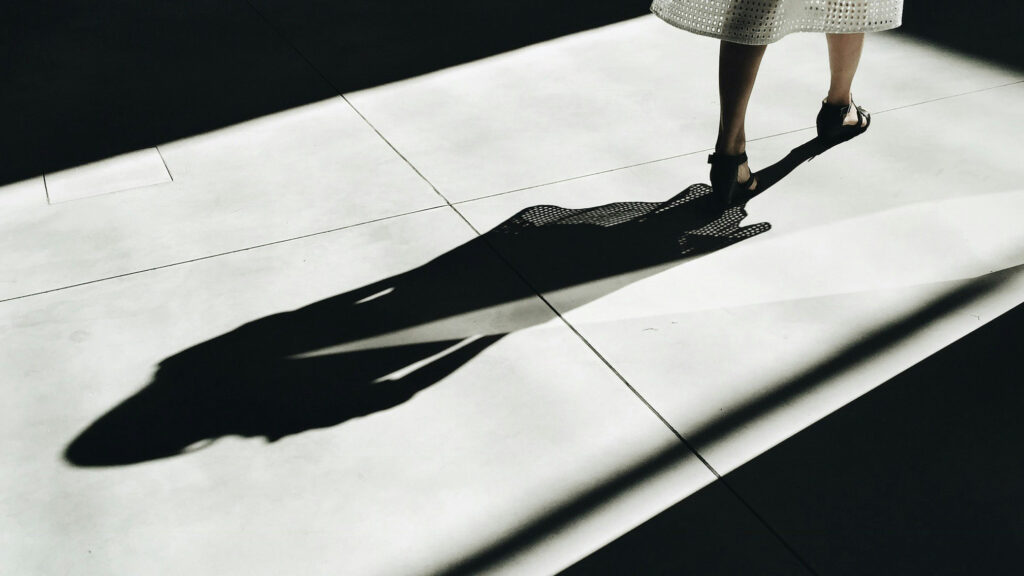
As I wrote, I reflected on friendship throughout our lives. It’s a gift to have close friends especially as we get older and deal with the daily needs of working, caring, and everything else. As the title suggests, The Very Good Best Friend is about one friend in a friendship. It’s about Carolyn, our protagonist, who isn’t ready to let her friend go. She knows something’s off about the commune-style mall she’s moving to, maybe even something sinister, but it’s more than that. She wants to stay connected even if it means she’s in physical and psychological danger. She is driven by something that scarred her long ago, something that needs redemption. I don’t want to reveal too much, so I’ll leave the specifics of the story there!
Writing about long-term friendship made me thinks about my friendships throughout life, both long and short, and about how much it can hurt to see a good friend go or how we often simply fade away from each other’s lives over time. There are ghosts in this book, but also the idea of being ghosted. It’s the poet in me, I can’t help it.
If we’re lucky, a bond between friends can run deep and parting can be bittersweet, but it’s the very best kind.

